
While the standard aspiration in the American school system is to get
a college degree, we’ve found that many of the weirdest, best artists have stayed true to outsider form, either eschewing the system altogether and dropping out, or going the opposite extreme, getting ten-plus years deep into the academy. We talked to six musicians—
Killer Mike,
Kreayshawn, Bethany Cosentino of
Best Coast,
John Maus, Ekhi Lopetegi of
Delorean and David Macklovitch of
Chromeo—about getting schooled.
Click through for interviews and recommended reading from all six PhDs and dropouts.
 Who: Killer MikeSchool:Morehouse Years of study:One
What was school like?
Who: Killer MikeSchool:Morehouse Years of study:One
What was school like? Morehouse was scary as fuck. I get there and feel like I don’t deserve to be there, because I’m not rich. I’m smart, but in comparison to kids in public
schools. I didn’t realize at that time that I’m smart in a different way that connects people who are on the other side of the street near Morehouse, and the traps and the bluff and the bottom. I walk both of those lines. After I got over the culture shock, quit my job at UPS, started slinging dirt weed and learned the system, I turned into Ferris Bueller. I was kicking it with the homies and getting decent grades.
Why did you drop out? In Atlanta, the music industry was really coming alive, but on Morehouse’s campus, not so much. I convinced myself that in order to make it, I had to show dedication to my dream. I completed a year then I opted out. I left and hit the streets with a fury. My grandmother was enraged. I don’t think she got un-angry at me until I brought her a Grammy. In hindsight, I should’ve stayed my ass in school, and I could’ve graduated and still got a deal a couple years later.
Do you ever think about going back? Yeah, I reapplied in January 2010 and got accepted back by Dean Sterling Hudson, before he retired. I was supposed to start in the summer, but I started recording Pl3dge. College is my fate, but I’ve got to stall it off a couple more years based on the fact the career is kind of poppin’. In the interim, I’ve found core classes at a Georgia-accredited school that will beef up my
credits for when I transfer. Nz
Recommended Reading:The Outsiders by S.E. Hinton
Mules and Men by Zora Neale Hurston
The Autobiography of Malcolm X: As Told to Alex Haley by Malcolm X and Alex Haley
The Autobiography of Martin Luther King Jr. by Martin Luther King Jr. and Clayborne Carson
 Who: KreayshawnSchool: Berkeley Film School Years of study: One
What was school like?
Who: KreayshawnSchool: Berkeley Film School Years of study: One
What was school like? I was like a year into film school, and I dropped out. It was like super intense film training shit. I learned everything from writing scripts, to cinematography, to editing, to teaching actors how to act and shit. I was doing music videos for random Oakland rappers, and then I showed some people from college admissions the videos, and they were like, Oh we want you in here. I was gonna pay to get in the school but I was broke, I couldn’t get
loans. So it came down to, Y’all want me to come here, but I cant. In the end, they gave me a scholarship, and it was all good.
Why did you drop out? I did a whole year of intense training, then the rest of the years are like, Work on your own projects. I was more a music video type of person and I just got bored. I dropped out of high school and everything. I can’t be in one place too long. I go crazy.
Recommended reading:Holes by Louis Sachar
Pimp: The Story of My Life by Iceberg Slim
The Process of Creative Thinking by Allen Newell
 Who:
Who: Bethany Cosentino of
Best CoastSchool: Eugene Lang
Years of study: Less than one
What was school like? I went there specifically because they had a really good creative writing program, and that was what I was interested in doing. When I got there, I got really interested in non-fiction. I became obsessed with Joan Didion, and all of these other non-fiction writers and was like, Okay, this is what I actually want to do. So I was writing a lot of essays and sort of autobiographical pieces, which was just funny because the majority of the stuff I was writing was about California. And then I turned around and made that into a band, basically.
Why did you drop out? I think I just reached a point where I was waking up every single day, going to this institution and learning these things that I was like, Okay, this is stimulating. But at the same time, it was like, What am I even really doing here? And then winter came, and it was a struggle for me not only physically and mentally to be in school, but also I was just like, Oh god, I have to wake up and walk to the subway through the snow and then go to school and sit there, and it’s freezing. There were a lot of things pointing towards, I shouldn’t be here anymore.
Do you ever think about going back? I remember the school being really upset that I was going to leave because they were like, Oh, she’s one of our best students. And I was like, What?! No one ever made me feel like I was one of the best students. So everybody was like, How about we let her take a leave of absence and let her finish the classes when she gets to California? So we made this kind of crazy agreement with the school where basically they were like, Oh, um, we want to give her an opportunity to at least finish the semester or the year at home. Then I got to California, and I think I did my work for about a week, and then I just started Best Coast right away, and I was like, Fuck this, I don’t want to do this anymore. Essentially I just quit answering the emails from my professors. It was a pretty fucked up drop out process. It wasn’t just like I walked out the door and never came back. They still email me sometimes, asking, Are you ever planning on returning? And I don’t think, at this point, I really need to do that. ns
Recommended Reading:Bossypants by Tina Fey
Slouching Towards Bethlehem by Joan Didion
The Collected Plays of Tennessee Williams by Tennessee Williams
 Who: John MausWhat:
Who: John MausWhat: PhD Candidate in Political Theory
Schools: BA California institute of the Arts, MA Art Center college of design, PhD University of Hawaii
Years of study: Thirteen-plus
How did you get interested in studying political theory? I did my undergraduate in music composition at CalArts in Valencia. I was working mainly with the American experimental tradition of music like John Cale, Christian Wolff, Morton Feldman and Arnold & Brown pieces. But it became a question for me, like, How are we possibly supposed to think about the kinds of song forms we use today? How are we supposed to think of them in constellation with something like Beethoven or Bach or Mueller or something like that? I became interested in these kinds of aesthetic theoretical questions, and then just decided that might be a better way to go forward, to grapple with those kinds of questions directly as opposed to in a music department or in a fine arts department. I started looking at these texts less in terms of what they could bring to bear on the music-making activity because, at the end of the day, they can bring nothing to bear on it. You’re just faced with the same abyss at the keyboard whether you know concert critique or not. After CalArts, I went to Art Center in Pasedena. They had a theory and criticism program there, but the drift was more towards the kind of stuff you would see in Art Forum magazine. I wasn’t so interested in that. I wanted to fucking slug through Heidegger and things like that, so I left that and went to E.G.S. in Switzerland. From there I wanted to do a PhD at the University of Hawaii.
How has your relationship with music and theory changed? Just as in music, I can only get better at speaking, at using our language by knowing other languages. I can only get better at trying to finally articulate some kind of singular thought for our situation by knowing that these other thoughts and other situations exist. Certainly there are parallels, but whether and in what way they’re ever apparent in the moment of their construction, I don’t know. I mean, there are parallels between Hegel and Beethoven, for instance, in the way that Adorno underlined. The thematic development and the dialectic—the acorn turns into the tree. I like to kid myself that the music I’m doing is for X thought. The parallel is a thought that I haven’t articulated yet. I wouldn’t claim to have succeeded in either [discipline], but in a certain sense, I do feel like I’ve done more with music than I have with the thoughts, with language.
After you finish your dissertation, do you want to teach? Yeah. That’s what I kind of planned on doing. I certainly hadn’t planned on ever being able to do anything with music!
Recommended Reading:Dialectic of Enlightenment by Theodor Adorno & Max Horkheimer
Being Singular Plural by Jean-Luc Nancy
The Infinite Conversation by Maurice Blanchot
 Who:
Who: Ekhi Lopetegi of
DeloreanWhat: PhD in Philosophy
Where: University of Barcelona
Years of study: eleven-plus
Do you have your PhD, or are you currently working on it? I started my PhD about three years ago. Right when I started, the record Subiza came out, so I decided to stop studying for a year in order to tour. In September of this year, when we finish touring the record, I’ll matriculate again at the University of Barcelona to continue my PhD studies. I’ve studied philosophy since I was 18 years old, and it’s what I want to continue [doing]. I’m now 27. I wanted to get my PhD because when I did my licenciatura, which I think is comparable to a masters in the US, I realized that I was truly interested in philosophy and that four years of study was completely inadequate in order to reach a decent level of philosophy. So I had it very clear that, after I’d finished graduating from my licenciatura, I would continue deepening my studies, because there hadn’t been sufficient time.
Is there a conversation between music and philosophy for you? Well, at first glance, the band and my studies have always been very separate, but that’s also because it’s not like my bandmates are really interested in philosophy. But lately, when the time comes to write lyrics, the point from which I arrive at writing them is philosophy. I’ve never been a good writer or poet or anything like that. The takeoff point from which I write is philosophy. There hasn’t been a great deal of contact between music and philosophy for me, but my lyrics have always had a conceptual relationship with philosophy.
How does studying philosophy and politics affect your experience of the politically charged climate in Barcelona today? We started our band as a way of separating ourselves from what was the cultural and social life of the Basque country. I believe that unconsciously the fact that our references in the band are Anglo-Saxon, that we sing in English, it was all an attempt to separate ourselves from a musical, cultural and social scene that was very, very rigid. In that sense, there’s certainly a relation.
In terms of Barcelona, what I can tell you is that, to me, the most interesting events have been those that have occurred in the past three weeks [the wave of protests in late May/early June, 2011]. While I study philosophy, what I think is truly crucial is what’s going on today in Spain. The other day, the people took over Plaça Catalunya to shouts of “no nos representan!” [“we’re not represented”]. The police broke it up. But right after—through Twitter, Facebook, etc.—people found out what was happening, and 4,000 marched to retake the Plaça Catalunya, forcing the police to flee. In those types of practices, I think that an entire course of political philosophy can be learned in one day. All Carl Schmitt can be found in those six hours in Plaça Catalunya. I’m not in philosophy to have a good book collection, nor am I interested in its aesthetics, I’m interested in the moment of truth, and that’s what’s occurring here. People are simply fighting for their existence and nothing else.
TRANSLATED FROM SPANISH BY KT
Recommended Reading:The Theater and Its Double by Antonin Artaud
Discipline and Punishment: The Birth of Prison by Michel Foucault
Bartleby, the Scrivener by Herman Melville
 Who:
Who: David Macklovitch (Dave 1 of
Chromeo)
Where: MA from McGill University, PhD candidate at Columbia University
Years of study: thirteen
What do you study and teach? I work in literary theory, and I have an interest in the act of reading through the lens of the history of rhetoric. I have a master’s degree from McGill University I did in 2002, and I moved to New York when I got a PhD scholarship at Columbia University that same year. This was all before Chromeo. At Columbia, I did the classes and teaching curriculum in the department of French and romance philology, and I’m currently writing my dissertation, which is due in exactly one year. My dissertation is on the question of the pleasure of reading, and how it emerges from the remains of the rhetorical tradition in early 18th-century France. Most people take seven or eight years in the US, but I’ve taken two more because of Chromeo and my teaching position at Barnard University.
How does rhetoric and philosophy relate to music for you? They’re not at all related. When I’m set up with the touring life and the sometimes superficial music business, I find solace in the library. When I find academia really stifling or I just want to procrastinate, traditionally, I’ll write songs. They complement each other, but there’s no relation between the two topics, explicitly.
Do you see yourself dropping one discipline to fully explore the other? I never thought I would have a music career, I really never did. It was always just a hobby for P [Patrick Gemayel, his partner in the band] and me, but it evolved. It throws a curveball at the plans I’ve been making for myself since my earlier twenties, so now I’m just rolling with the punches and adapting. This coming year I’m touring with Chromeo, and I’m finishing my dissertation, so I’m not going to teach. But I’ll definitely go back to it—that and music are the things I love doing most. Dc








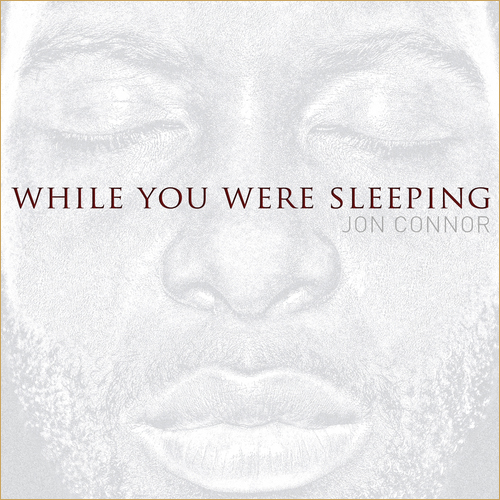
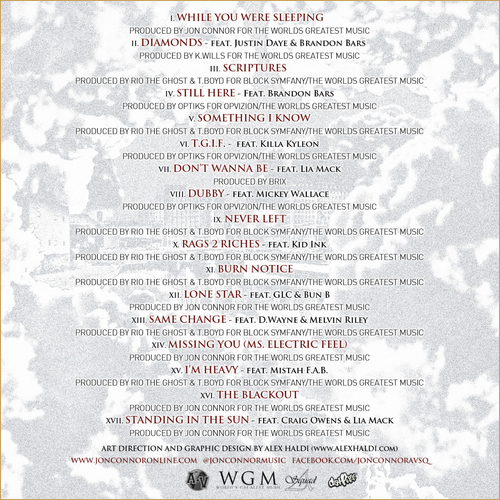
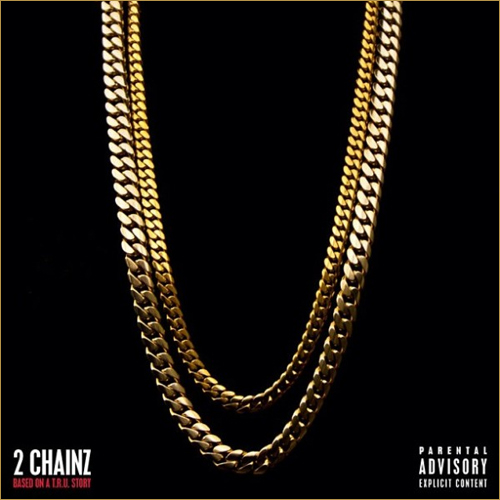
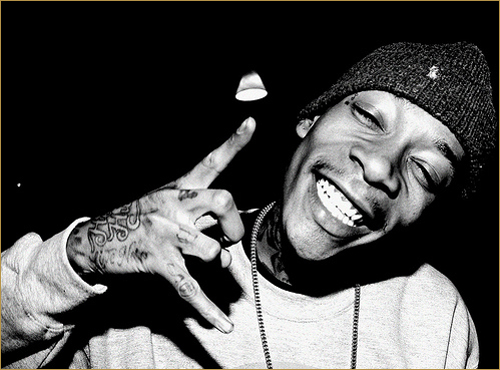
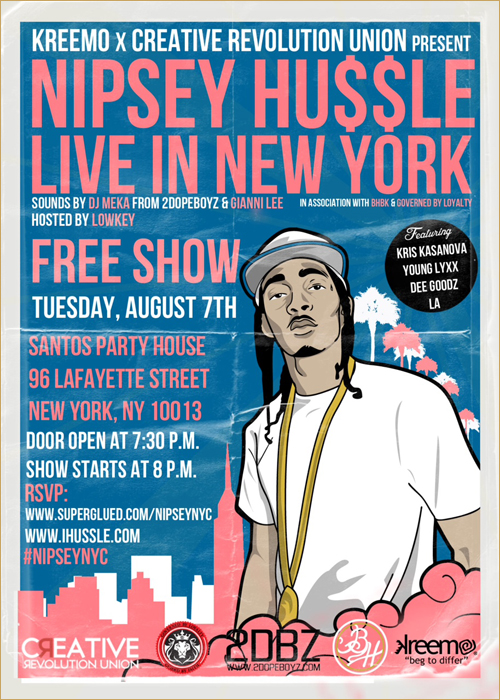
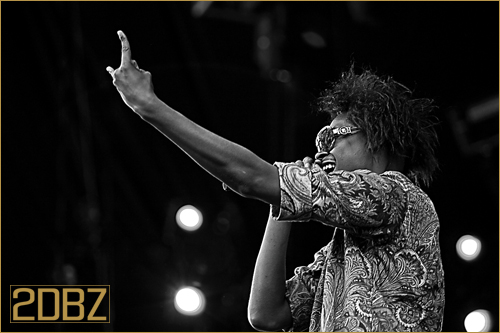



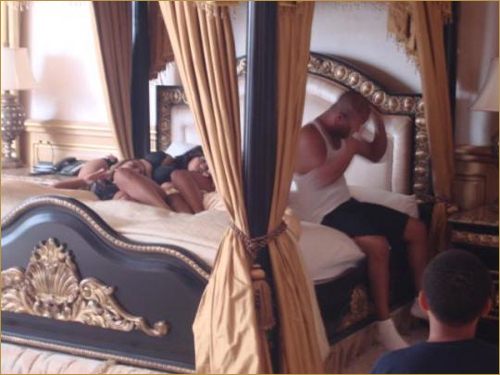
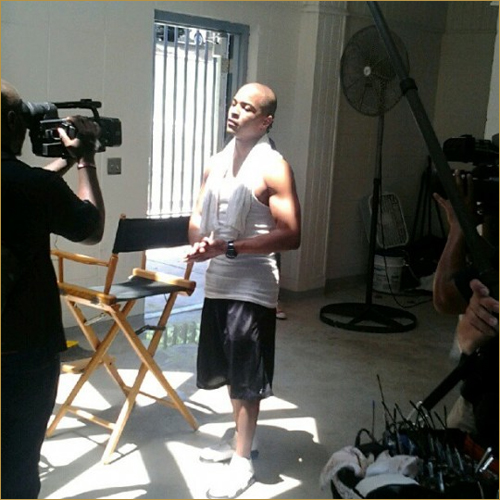

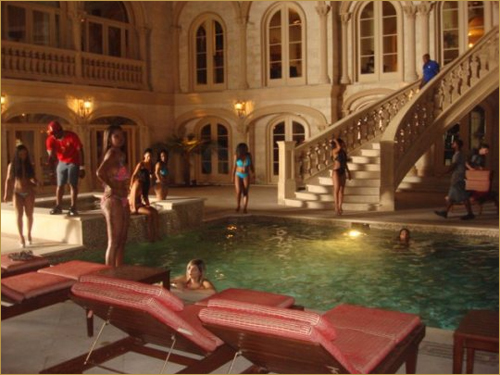
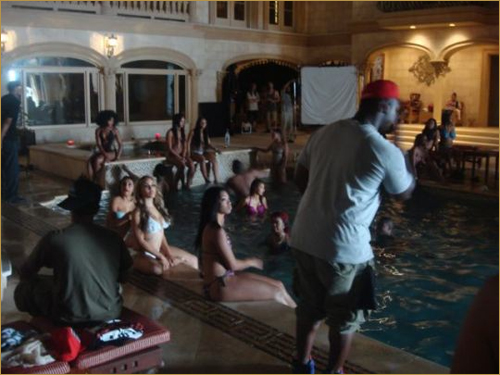
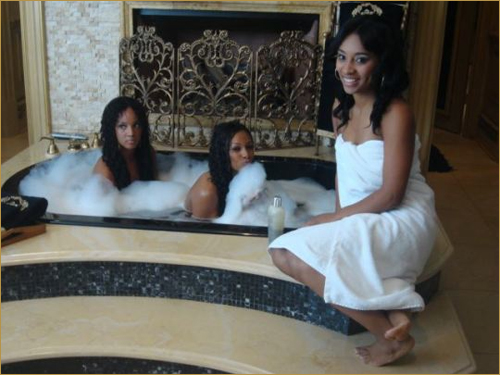
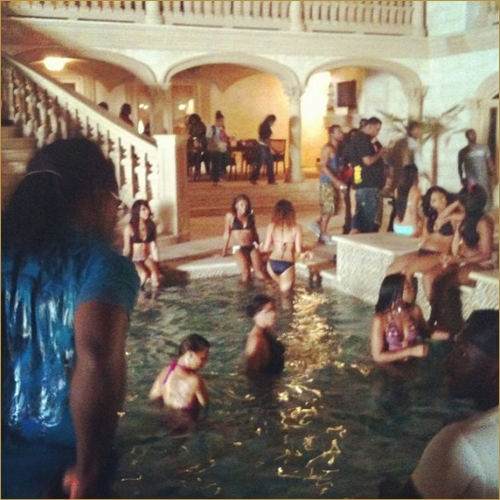
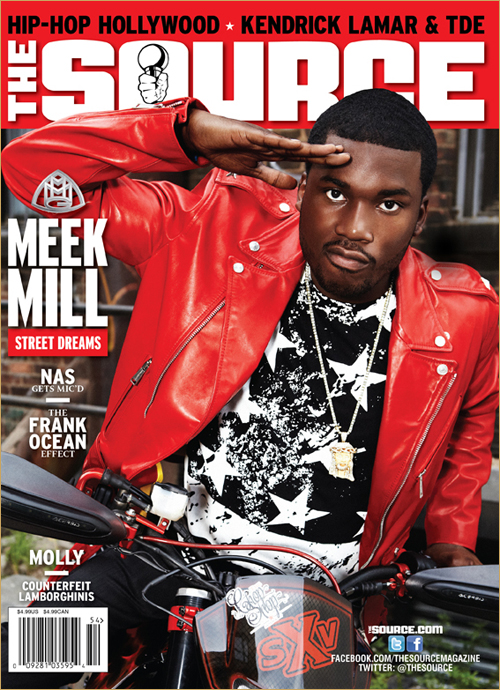
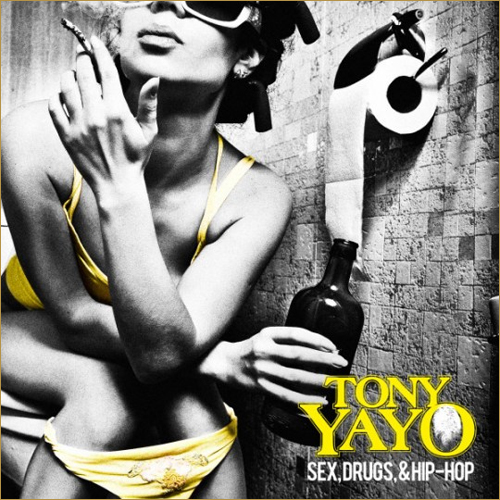
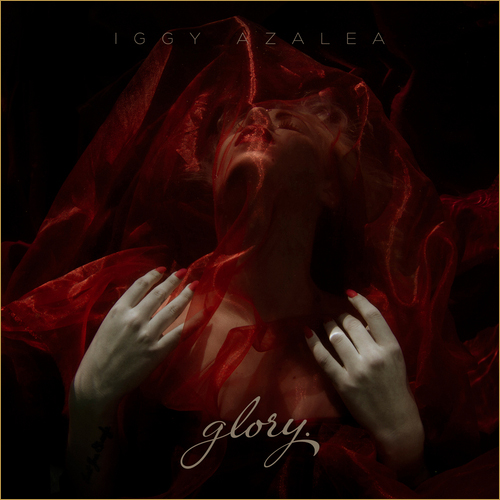





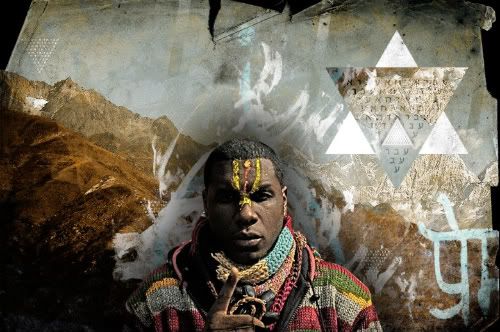




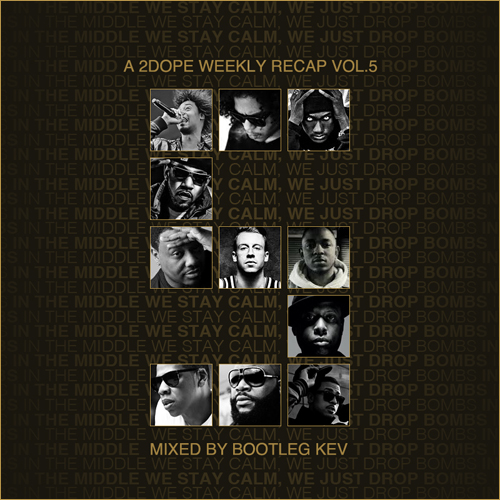
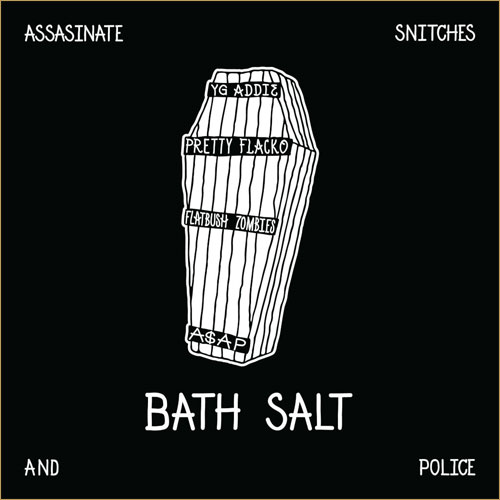
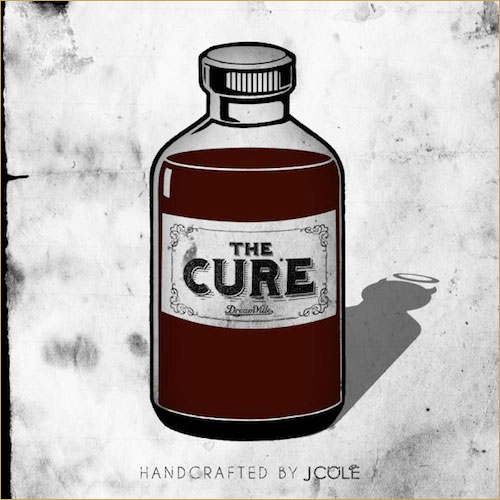

.JPG)












































